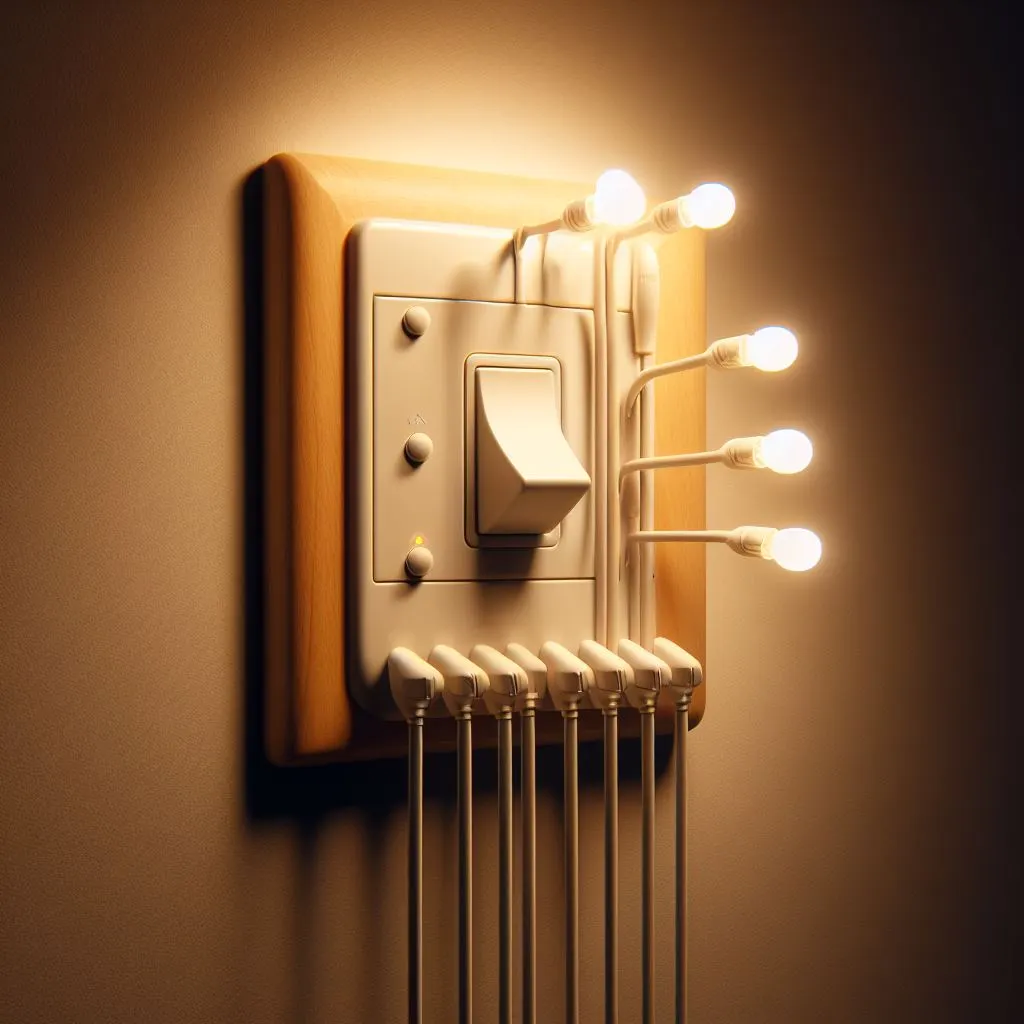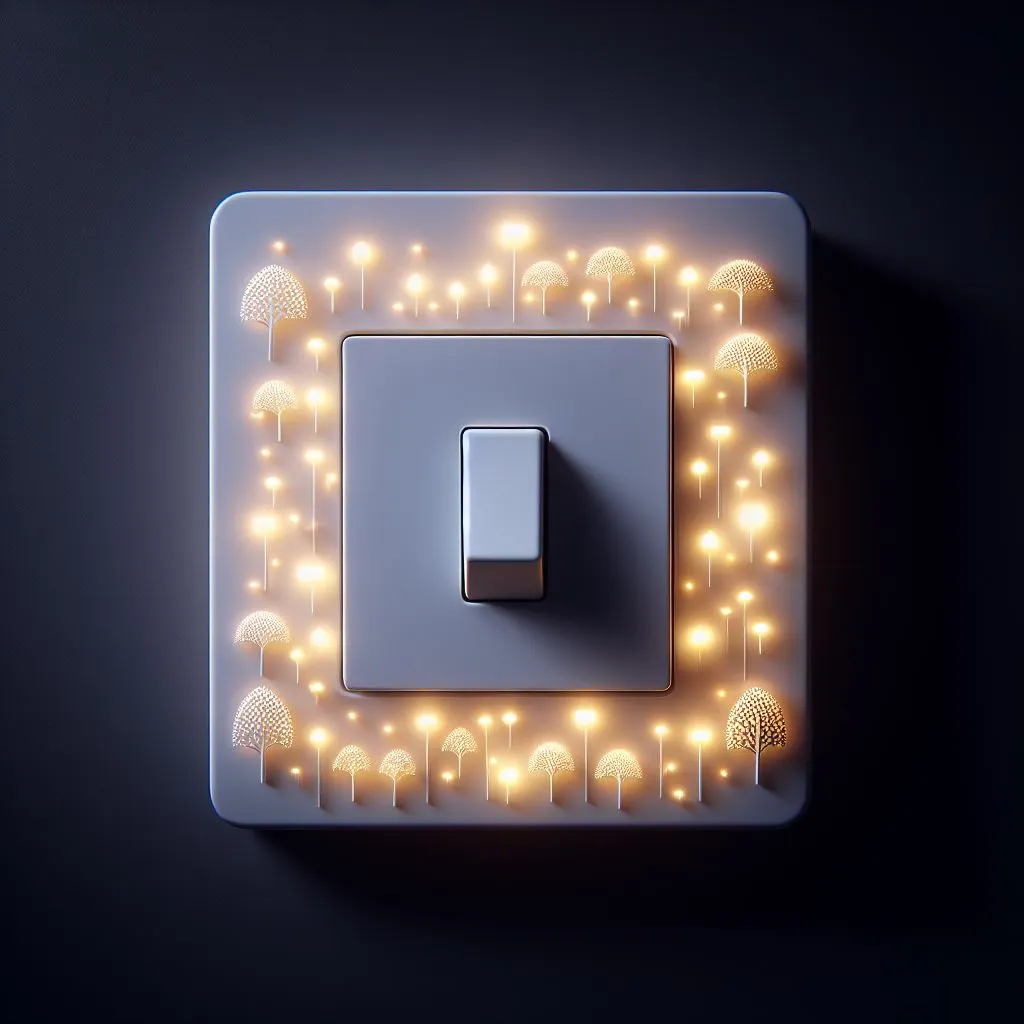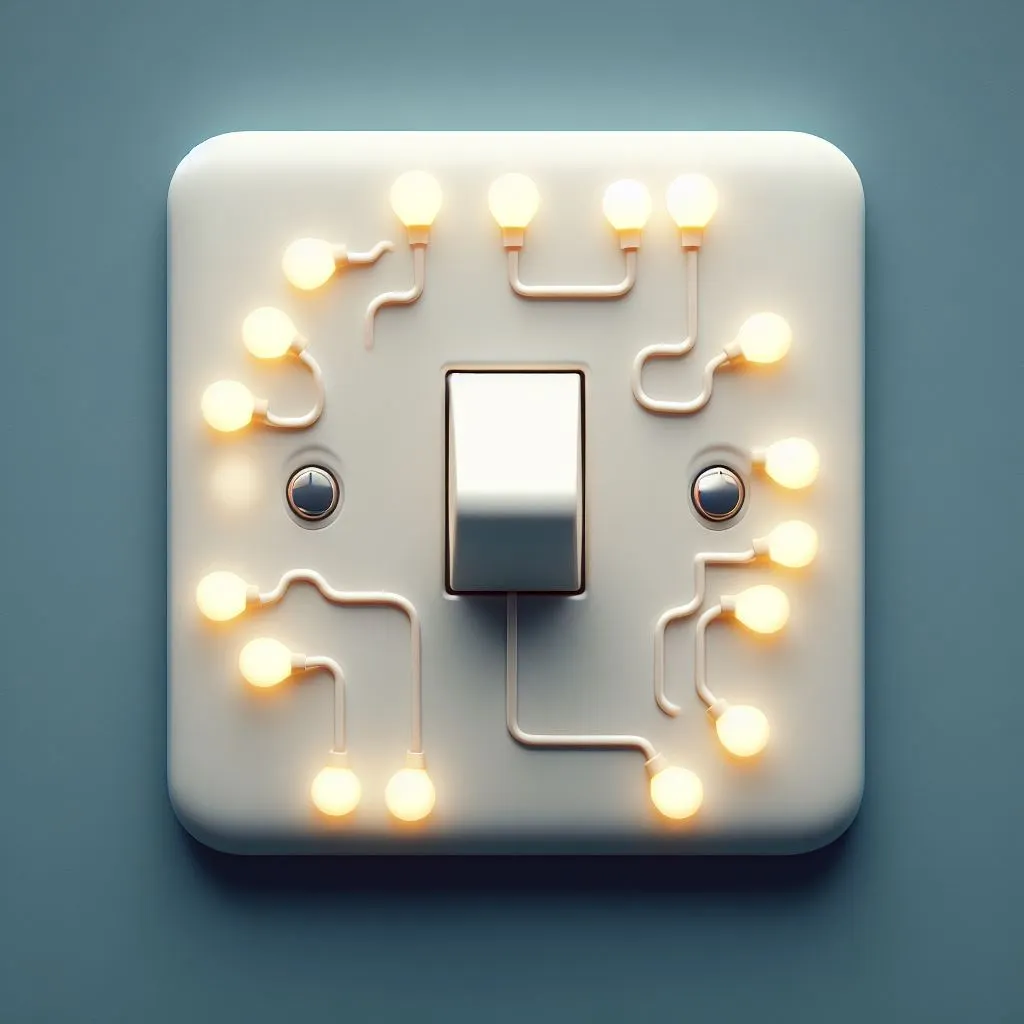LED Lights Not Turning On?
LED lights not turning on can be a frustrating issue, but fortunately, simple fixes can often get them lit up again! This guide will take you through some of the most common reasons Why Are My Led Lights Not Turning On and provide troubleshooting steps to help you diagnose the problem.
The first step is to assess the situation and understand what might be causing the lights not to turn on. Possible causes could be power issues, wiring problems, burnt-out bulbs, or user errors. Let’s go through each of these possibilities in more detail:
- Power Issues: LED lights require a consistent power source to function correctly. If the power source is not providing enough voltage, it could result in the mornings not turning on.
- Wiring Problems: Wiring problems can also cause LED lights to malfunction. Check that all wires are connected securely and that no breaks or frayed wiring could result in disruption.
- Bulb Issues: LED bulbs are sensitive and can quickly burn out with too much pressure. Inspect the bulbs for any signs of corrosion, burned-out LEDS, or metahesharing.
- User Error: User errors are also common reasons LED lights are not turning on. Ensure the wattage is correct and any switches controlling the lights are turned on.
By following this guide, you should be able to determine why your LED lights are not turning on and get them back up and running again!
Power Issues
If you have checked the wiring and bulbs of your LED lights and still cannot get them to turn on, it might be due to a power issue.
To ensure your lights are getting a viable current, you’ll need to check that:
- The lights are plugged in securely, and the outlet is in working condition.
- The wattage allocated to the lights is adequate for their power requirements.
- No circuit breakers have tripped.
- A dimmer switch isn’t used if the LED lights do not support it.
For more complicated wiring, consult a professional electrician to help determine the source of the power issue. This will help save time and prevent any accidental damage or shocks.
Read Also: Identifying & Solving Common Problems With LED Lighting
Wiring Problems
If your LED lights are not turning on, it may be due to electrical wiring issues. To troubleshoot and figure out if the wiring is the issue, you can take a few steps:
- Inspect for any breaks or loose connections in the wiring.
- Make sure the wires are correctly wired together.
- Check the wattage of the bulb used.
- Check if the transformer is sufficient for the number of bulbs used and their wattage.
These steps will help you diagnose the wiring and power issues associated with why your LED lights may not work correctly.
Checking for Bulb Issues
When LED lights are not turning on, one possible problem could be the bulbs. LED bulbs come in various varieties, and it is essential to check each bulb individually to diagnose the issue.
Some basic troubleshooting steps include checking for corrosion, inspecting for burned-out LEDs, and making sure all connections are secure.
Checking for Corrosion
Corrosion is a common problem with LED bulbs and can cause them to fail to turn on. To inspect for corrosion, look for any white, powdery residue on the bulb or its base.
This is a sign that corrosion is present and needs to be addressed.
Inspecting for Burned Out LEDs
Another common issue with LED lights is when the tiny LED lights inside the bulb fail.
This can be identified by simply looking at the bulb and seeing if any of the individual LED lights appear to be dimmer than the surrounding ones. If this is the case, the bulb will likely need replacing.
Making Sure All Connections Are Secure
Finally, it is essential to ensure that all of the connections between the bulb and the power source and any other wiring are secure and functioning correctly.
Try unplugging and replugging all of the links and see if that helps. If the issue persists, then further investigation will be needed.
Read Also: Can LED lights Burn Out? Find out Here!
User Error
Sometimes, the reason your LED lights are not turning on might be due to user error. A few common mistakes can prevent your LED lights from operating correctly.
If you have recently replaced an existing incandescent light bulb with an LED one, you must check that you have chosen the correct wattage.
The wattage of the LED needs to be lower than that of the old incandescent bulb. If it is too high, this can cause the LED lights not to turn on.
Another common mistake is forgetting to turn on a switch. If your LED lights are connected to a controller, you must ensure you have switched it on. You need to set this correctly if they’re attached to a timer.
Finally, if you’re using a remote control or dimmer switch to operate your LED lights, ensure these functions properly. Check the batteries and see if there are any obstructions in the way of the signal.
Read Also: Can LED Lights Get Hot Enough to Cause a Fire?
Conclusion
LED lights can be a great way to light up your space, but sometimes, issues can prevent them from turning on. Luckily, many solutions are available to help you troubleshoot the problem and get your lights working properly again.
In this guide, we have gone over some of the most common causes for LED lights not turning on and how to address them. By carefully inspecting the power source, wiring, bulbs, and user error, you can quickly diagnose why your LED lights aren’t working.
Frequently Asked Questions
Are LED lights reliable?
LED lights are reliable if installed and managed correctly. They have an extremely long life span compared to other lightbulbs and use significantly less energy.
What can cause LED lights not to turn on?
Several possible causes can prevent LED lights from turning on, such as power issues, wiring problems, burnt-out bulbs, and user error.
How do I check the power source for my LED lights?
You should first ensure the lights are plugged in and receiving power. Also, check the voltage of the power source to ensure it is within the range of the LED light specifications.
How do I diagnose any wiring problems with my LED lights?
It would help if you inspected the wiring for any breaks or loose connections. Make sure all wires are connected correctly and securely. The wattage and current should also be checked to ensure it matches the requirements of the LED lights.
What types of LED bulbs are available?
Several LED bulbs are available, such as torch bulbs, tube bulbs, panel bulbs, floodlight bulbs, spotlights, and ceiling recessed bulbs.
What mistakes can I make when using LED lights?
Common mistakes include:
- Not turning on a switch.
- Using incorrect wattage.
- Not ensuring the correct connection of wires.
How do I maintain LED lights?
To ensure that your LED lights last as long as possible, you should regularly inspect them for any corrosion, check for burned-out LEDs, and clean up dust and dirt that might have accumulated on the light.




1 thought on “Uncovering Why Are My Led Lights Not Turning ON”